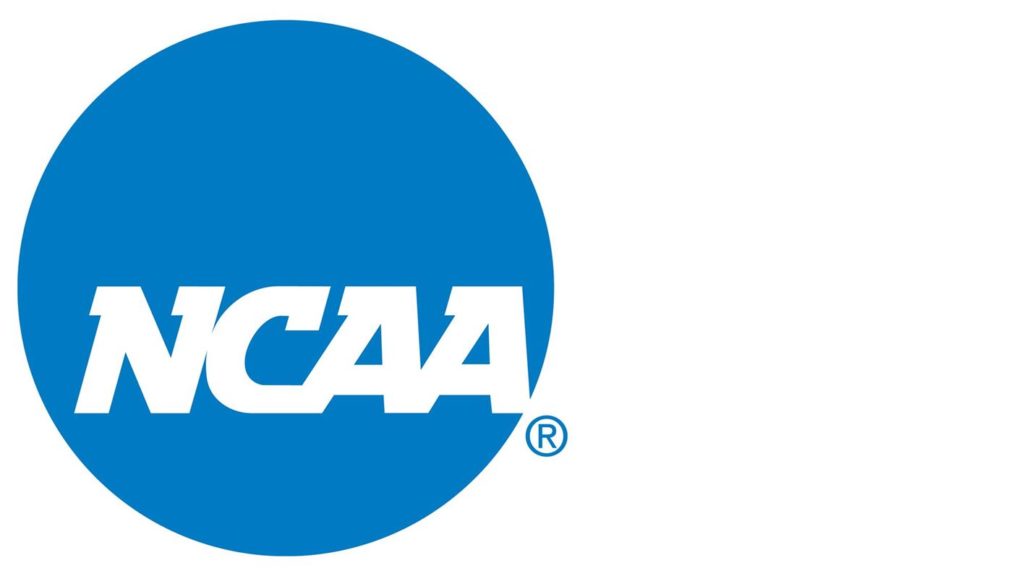NCAA President Mark Emmert Says No Fall Championships in 2020 for All NCAA Division I sports
Our hearts go out to the seniors who have lost their last collegiate season and to the freshman whose dreams of college soccer have been put on hold … and to everyone impacted by the ravages of the COVID-19 pandemic.
The Coronavirus COVID-19 pandemic has impacted every level of soccer in America. To understand why its effect has been so pervasive, one must appreciate the rapid spread of the pandemic.
CNN helps put the numbers in perspective: “It took the country 99 days to reach 1 million.” That number jumped up from 4 million to 5 million in 17 days. The cancelation of the NCAA 2020 fall championships for all NCAA Division I, II, and III sports is a great example of the Coronavirus COVID-19’s ongoing and unprecedented impact.
Here is SoccerToday’s ongoing coverage of the impact of the COVID-19 pandemic on soccer.
“We cannot now, at this point, have fall NCAA championships, because there’s not enough schools participating.”
Mark Emmert, NCAA president
NCAA made the decision to cancel its fall champions on August 13 and while this does not force all men’s and women’s collegiate sports to stop, it does signal the severity of the pandemic.
“We cannot now, at this point, have fall NCAA championships because there’s not enough schools participating,” said Mark Emmert, NCAA president on August 13. “The Board of Governors said, ‘If you don’t have half of the schools playing a sport, you can’t have a legitimate championship.’…sadly, tragically, that’s going to be the case this fall, full stop.”
“That doesn’t mean that we shouldn’t and can’t turn toward winter and spring and, create a legitimate championship for all those students.”
NCAA does not govern the College Football Playoffs which operate outside of the organization.
“We cannot, at this point, have fall NCAA championships.”
— Inside the NCAA (@InsidetheNCAA) August 13, 2020
NCAA President Mark Emmert discusses the latest developments in fall sports and looks ahead to winter and spring championships.
Hear more on the NCAA Social Series TONIGHT at 7 p.m. ET from @NCAA. pic.twitter.com/DpuIdqQrhj
More than just the NCAA Championships have been impacted by the pandemic.
Read: CORONAVIRUS COVID-19 IMPACTING SOCCER
A big question is will players be able to gain an extra year of NCAA eligibility?
The uncertainty of the collegiate soccer season this year and how the pandemic has impacted soccer players are issues that NCAA will review but as of yet there is no extension on eligibility.
According to Sports Illustrated, “Our soccer, volleyball and cross-country student-athletes are working hard to prepare for their seasons and they have been diligent in taking personal health precautions and following protocols around COVID-19,” SEC commissioner Greg Sankey said. “We will support them in every way possible as we evaluate the impact of these cancellations on their fall sports seasons.”
Without players on campus, so many soccer fields this fall will remain empty, unused for the first time in decades as the majority of athletic conferences, including the Big Ten, the PAC, the Mid-American Conference, and the Mountain West have canceled fall seasons. The Ivy League was the first D-1 conference to suspend sports this fall in early July.
NCAA reported on August 5 that Division II’s seven 2020 fall championships were canceled. The Division II Presidents Council decided due to the operational, logistical, and financial challenges presented by the COVID-19 pandemic.
Due to the same safety concerns, NCAA Division III championships in fall sports for 2020-21 were also canceled. With the health and safety of the division’s student-athletes, coaches, athletics administrators, and communities as its priority, the Division III Presidents Council made the decision on August 5 to cancel the championships as well because of the COVID-19 pandemic and related administrative and financial challenges.

Read: NCAA CANCELS DII & DIII SOCCER CHAMPIONSHIPS – THE IMPACT OF COVID ON THE AMERICAN COLLEGIATE GAME
NCAA has information on the COVID-19 Coronavirus on its site and continues to closely monitor COVID-19, taking proactive measures to mitigate the impact of the virus.
When it comes to decision-making, our commitment is this: protect the health and safety of college athletes.
NCAA
NCAA recommends:
- Shared equipment should be sanitized with a disinfectant before and after use. This includes free weights, mats, kettlebells, medicine balls, stability balls, bars, etc.
- Group games with probable contact and a shared ball should be avoided. It is not only difficult to avoid contact, but there is also uncertainty about shared balls and virus transmission.





